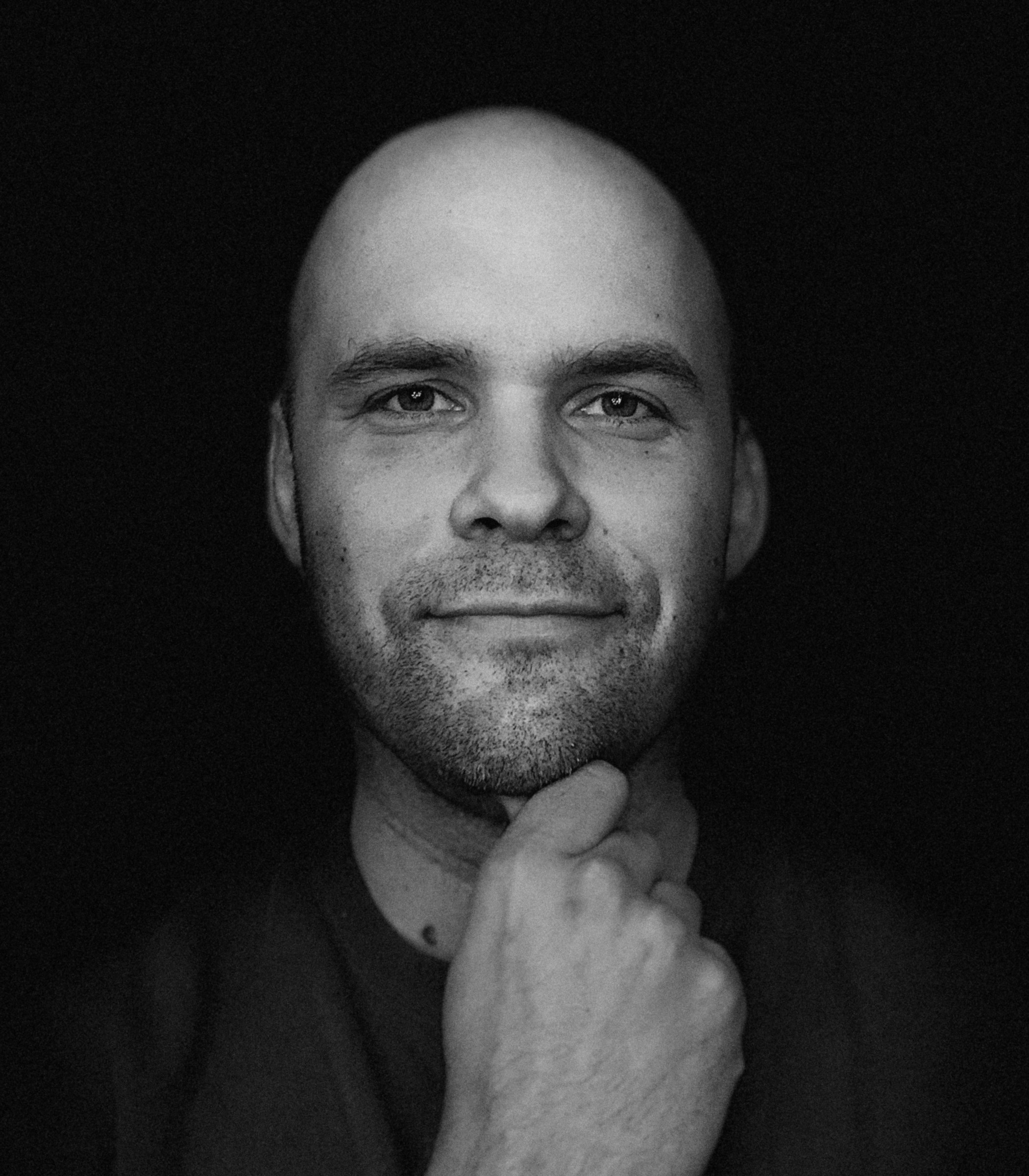
What’s the most important lesson you’ve learned as a writer?
The thing that unlocked writing for me—writing of all kinds, but fiction especially—was so simple it feels almost silly to type it out: finish things. For years, I thought of myself as someone who wanted to be a writer; for years, I maintained an archive of partial chapters belonging to novels I would one day write. But it wasn’t until I zoomed way in, wrote short, and shared what I’d written with others that I actually started to learn and improve. Turns out, a story can totally be four paragraphs long! And a four-paragraph story, unlike four paragraphs of a notional novel, is something you can meaningfully discuss. A four-paragraph story can be a stepping stone to a two-page story, then four, then twenty. I’d never have gotten to the novels if I hadn’t started and finished the really short stuff first.
What’s been the biggest surprise of your writing life?
Translation! When I was drafting my first novel, I never even bothered to imagine translation. Maybe that’s because all of my writing before that had been for a blog, and who’s ever going to translate your blog? Maybe it’s because simply getting published in the U.S., in English, seemed an extravagant enough vision. In either case, when my first novel wast ranslated into other languages, it upended my sense of what I’d produced. Not only a series of sentences, but a plan—a detailed blueprint — for another creative mind to render something onto the page. I don’t think I’m quite good enough a writer to “write for translation” yet—to keep that future transformation in my head as I’m drafting the original in English — but I’d like to get there.
If you had to use a metaphor to describe yourself as a writer, what would it be?
This might just be my last novel Sourdough talking, but… I think I’m a fermenter?? My process is: throw a lot of stuff together — ideas, sentences, experiences, feelings, all from my notebook, where I am always jotting — and mix it up. Then, let it sit, and watch as life begins to bloom in the interstices. If a real-life fermentation is often powered by yeasts, then this metaphorical digester’s engine is imagination, which feeds on the real, stretching it 120% and rotating it through six dimensions before spitting it out as a name, or a phrase, or a scene. I can trace this process back to blogging, which has that same magpie spirit, and maybe also to journalism! I remember hearing journalists talk about “saving string”—a terrific phrase —and this is just a version of that, except that I’m intentionally tangling up the strands.
Robin Sloan’s first novel, “Mr. Penumbra’s 24-Hour Bookstore“, was a New York Times Best Seller, translated into more than twenty languages. His latest novel, “Sourdough,” was published in 2017. With his partner Kathryn Tomajan, Robin produces California extra virgin olive oil under the label Fat Gold. He lives in Oakland and works out of the Murray Street Media Lab in South Berkeley, down by the railroad tracks. From 2002 to 2012, he worked at the intersection of media and technology, first at the Poynter Institute in St. Petersburg, Florida, and then at Current TV and Twitter, both in San Francisco.